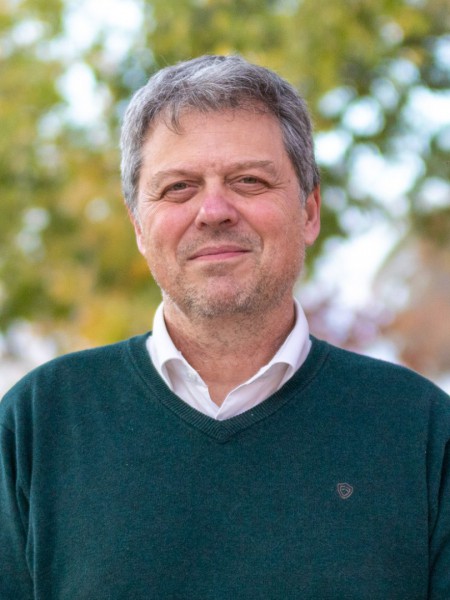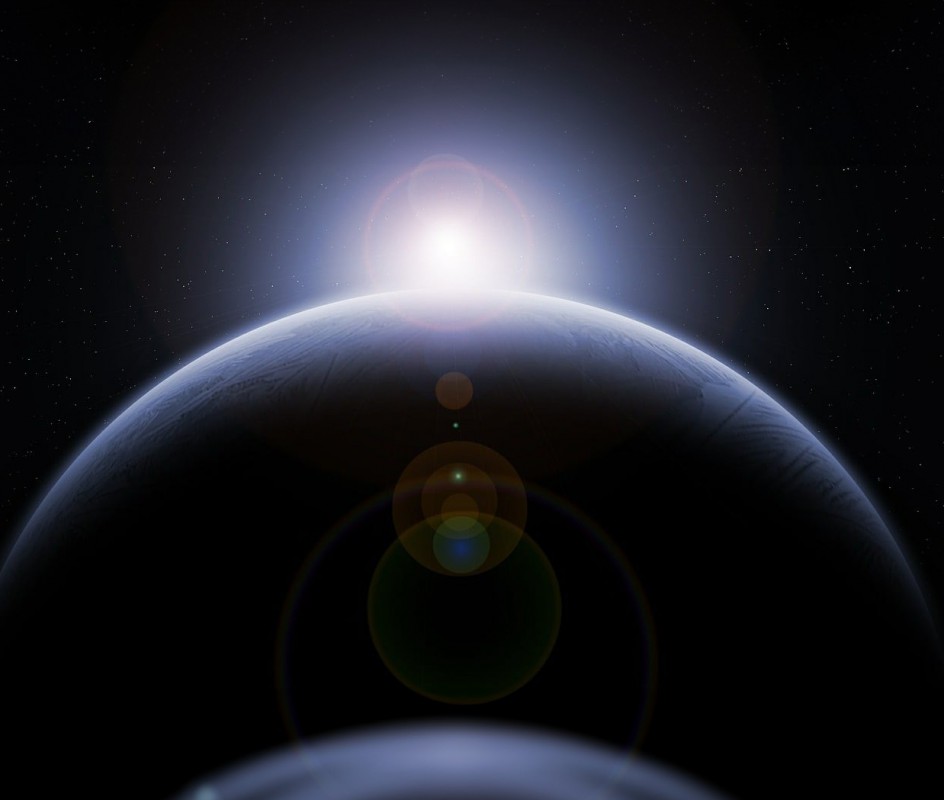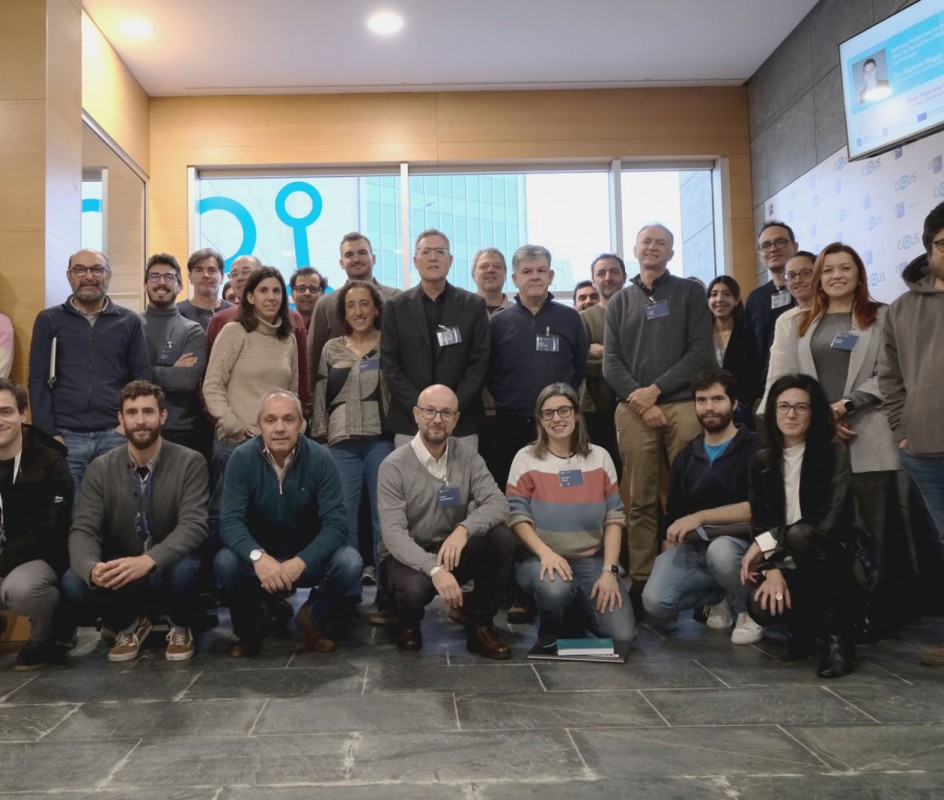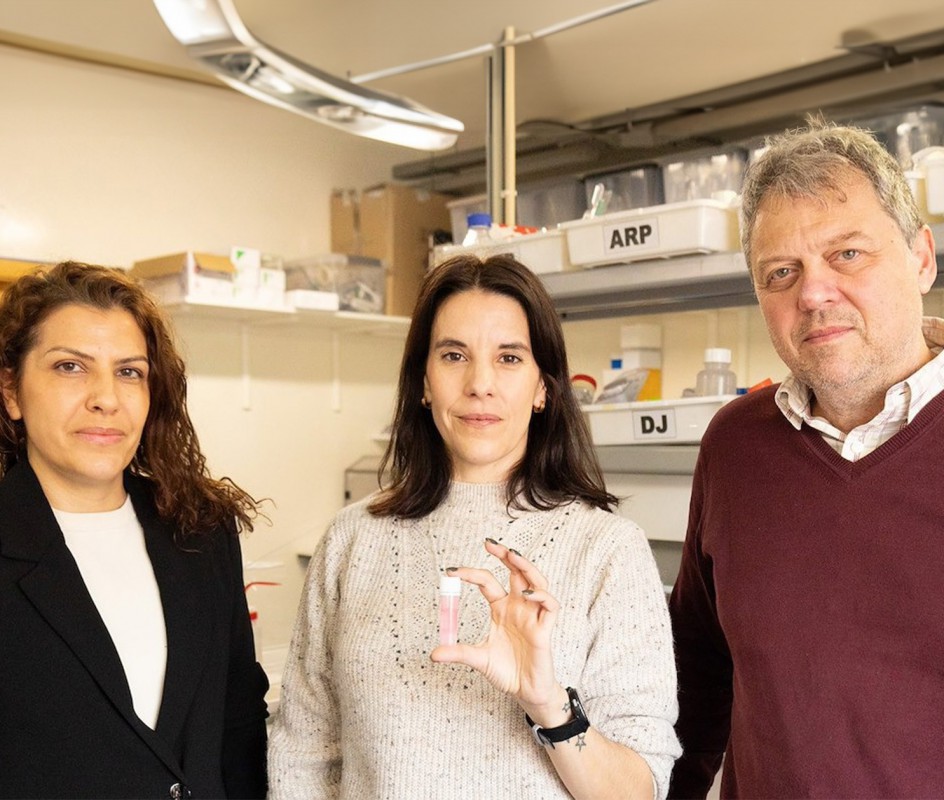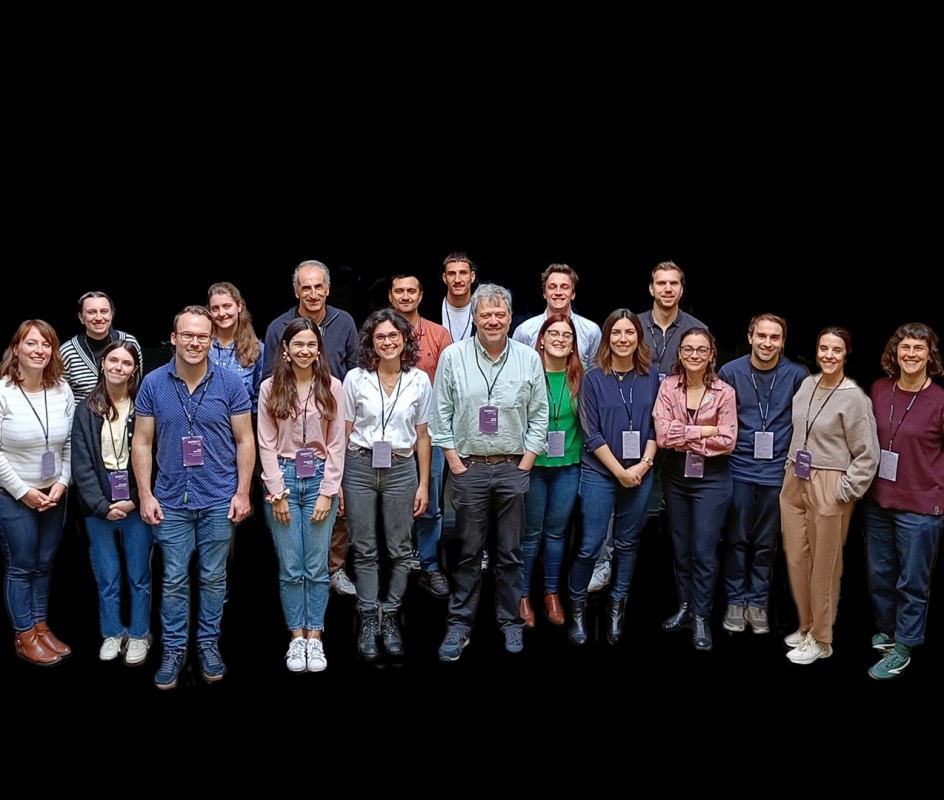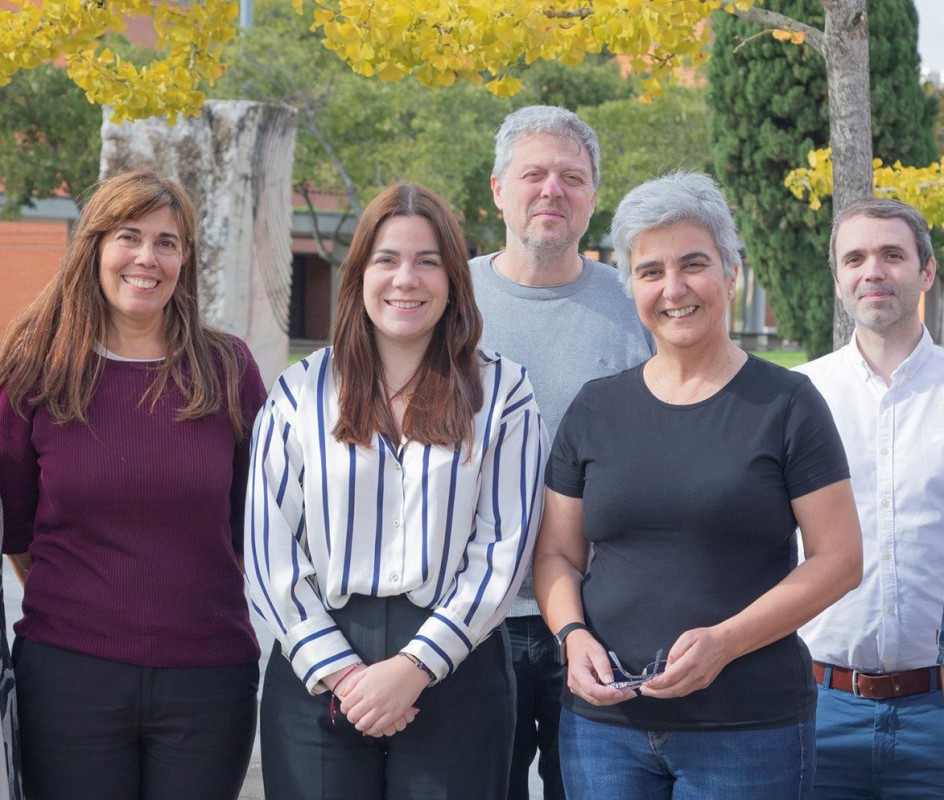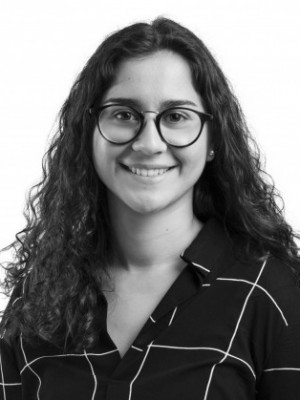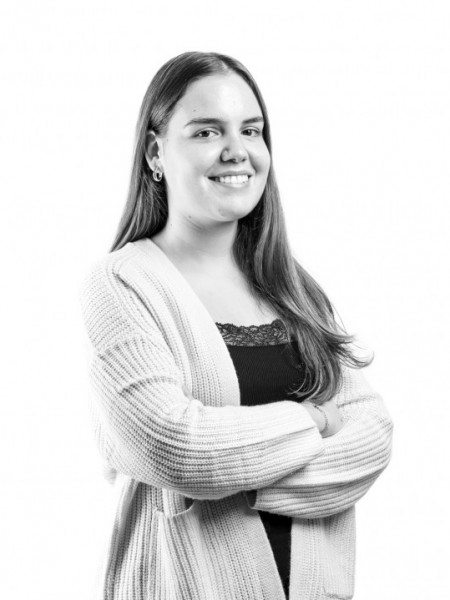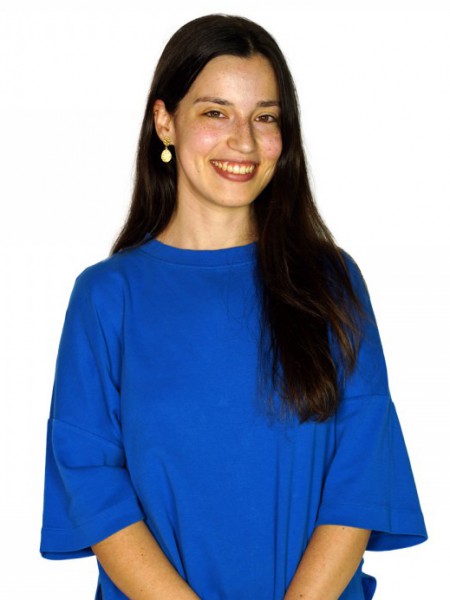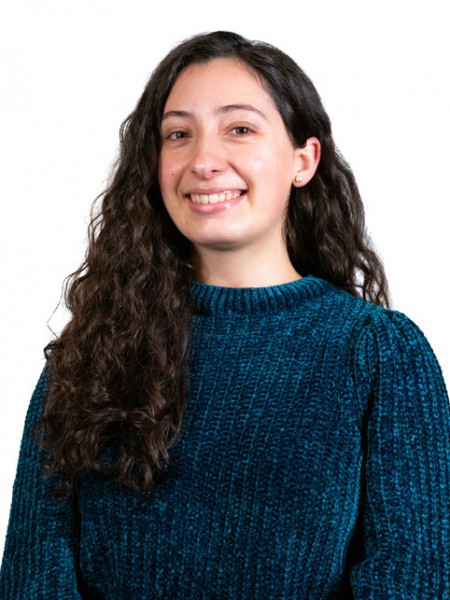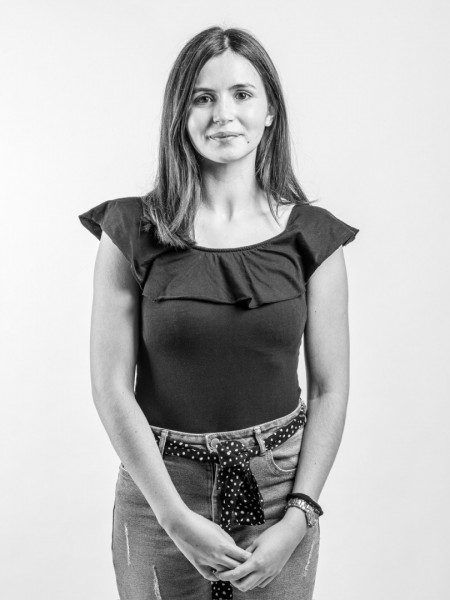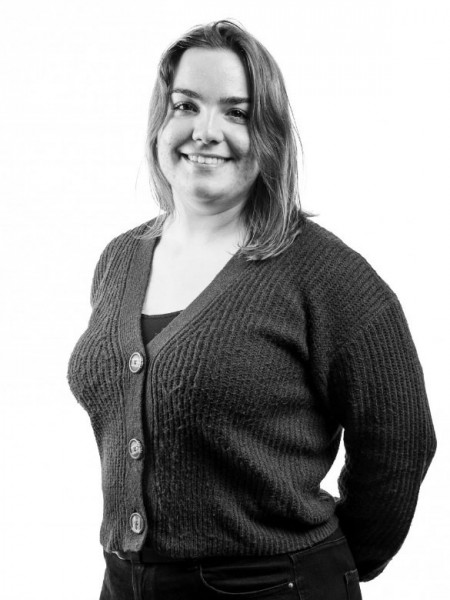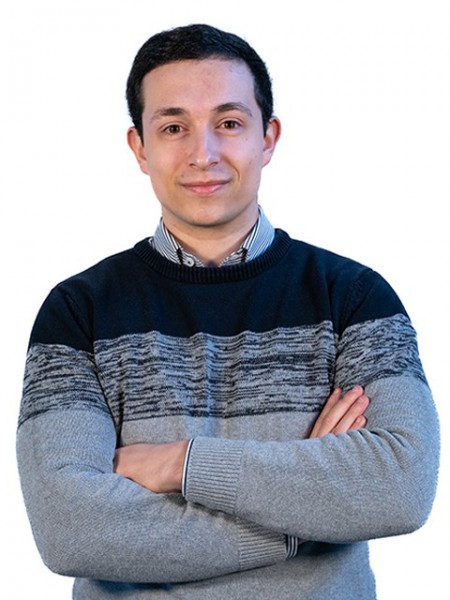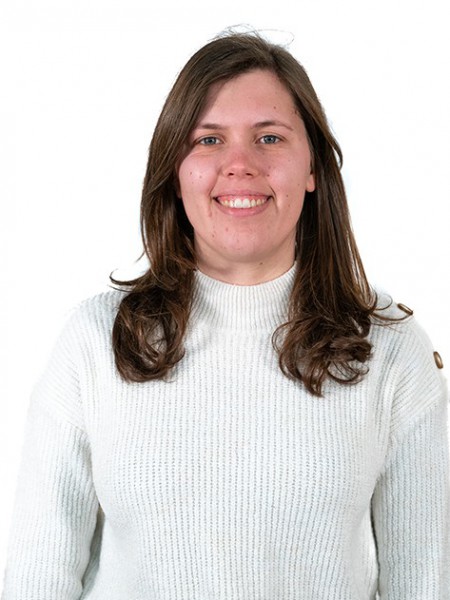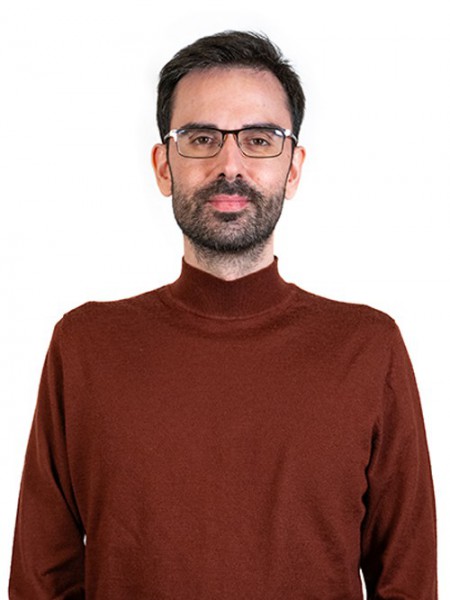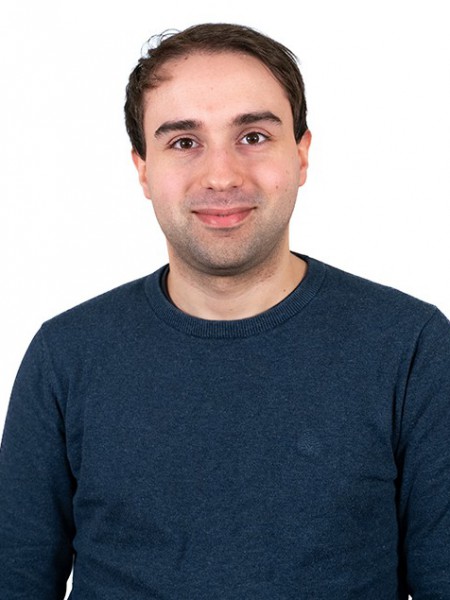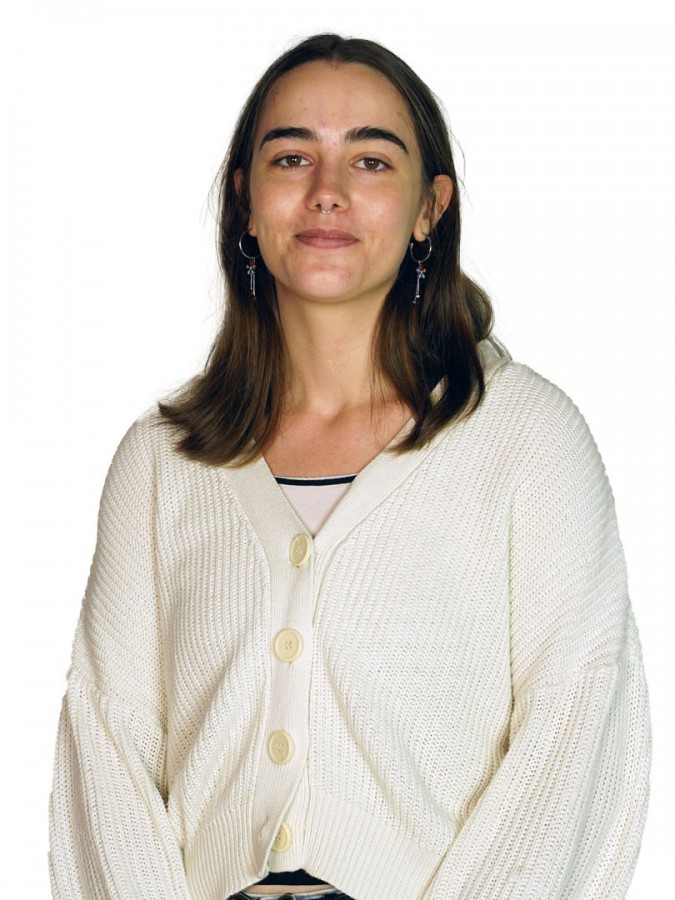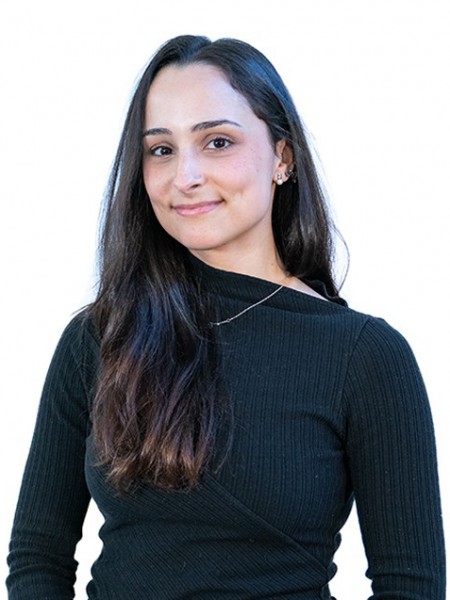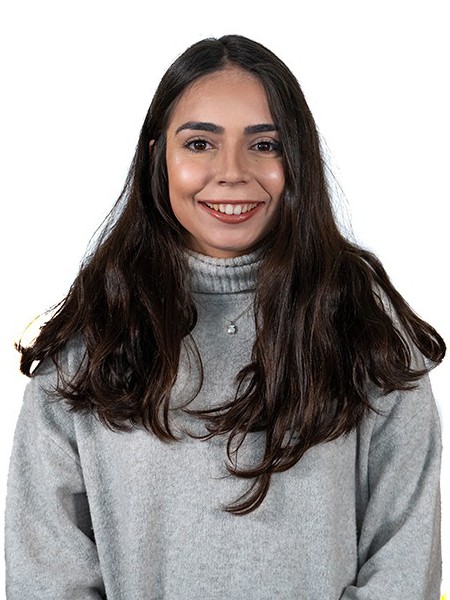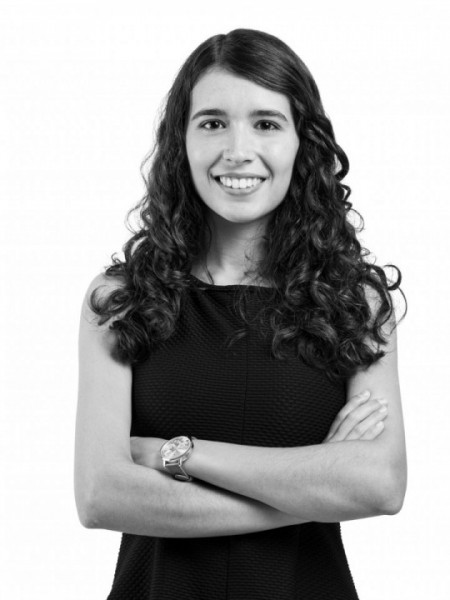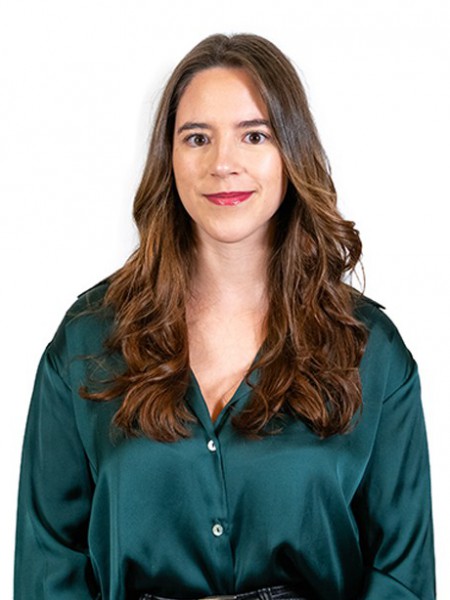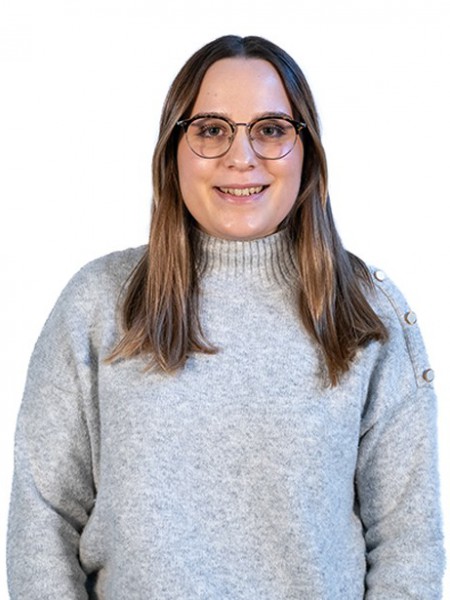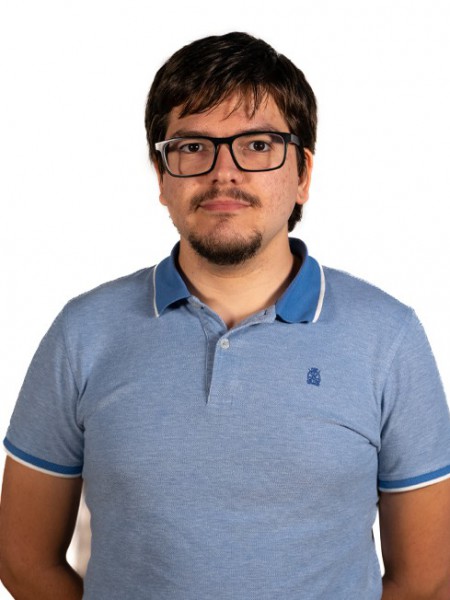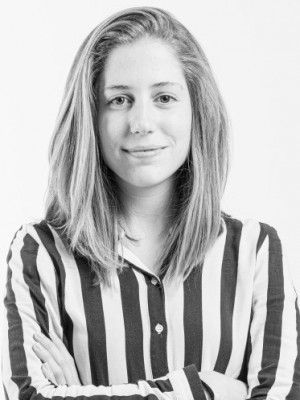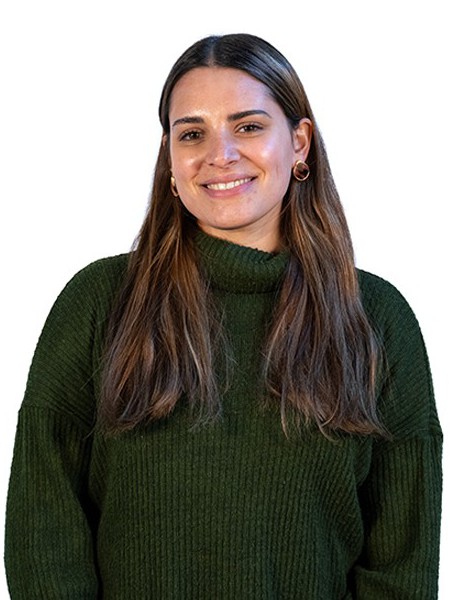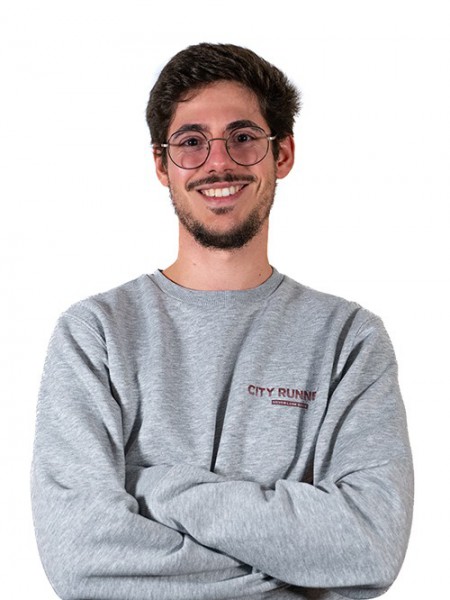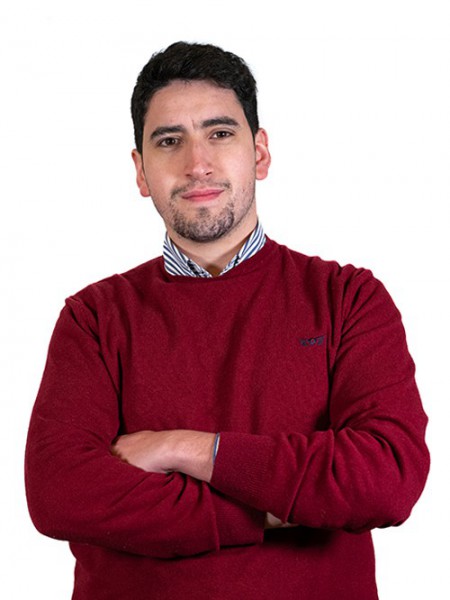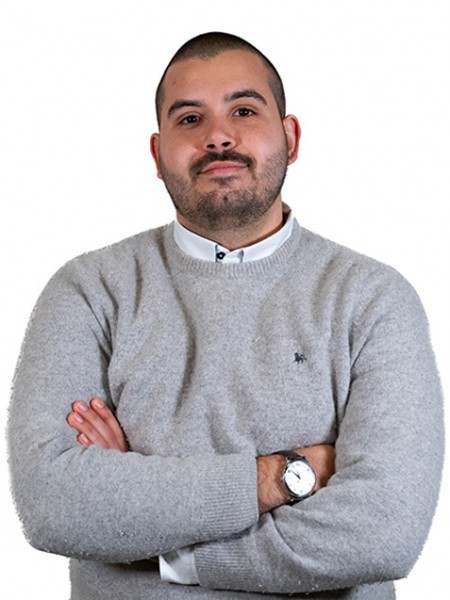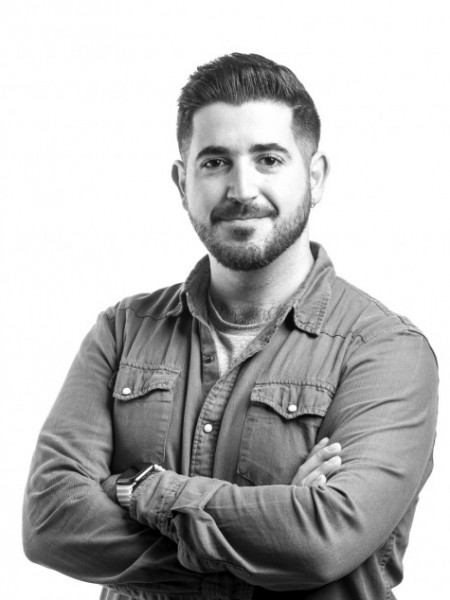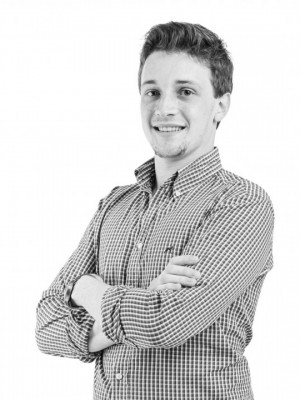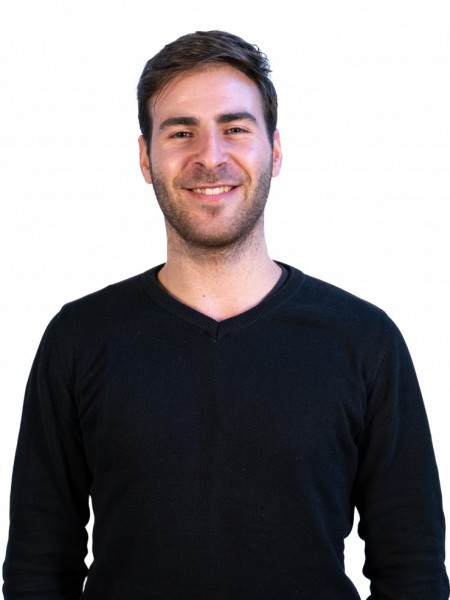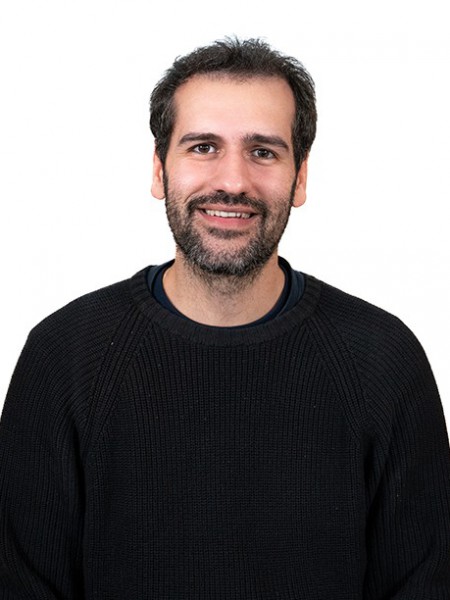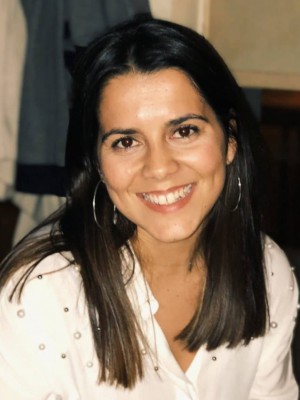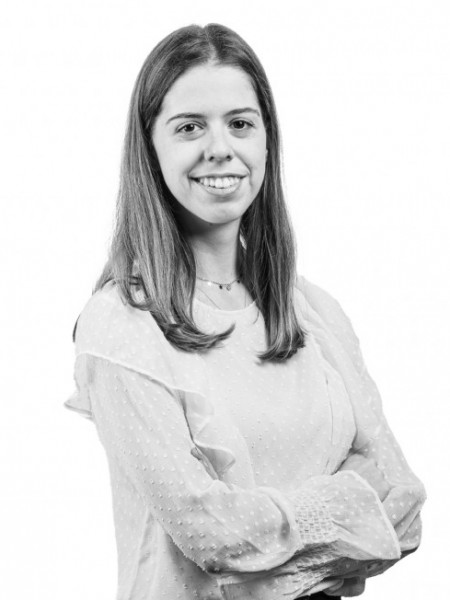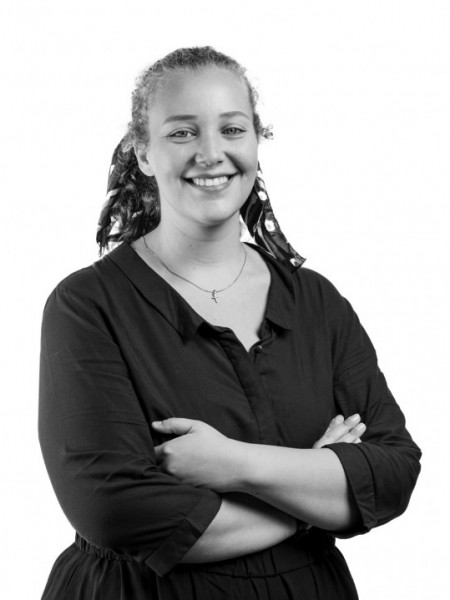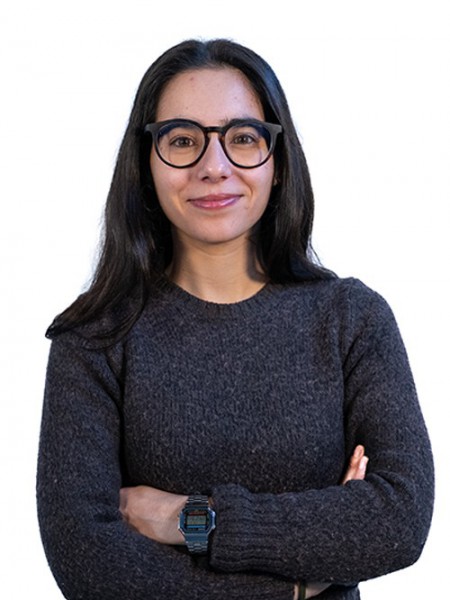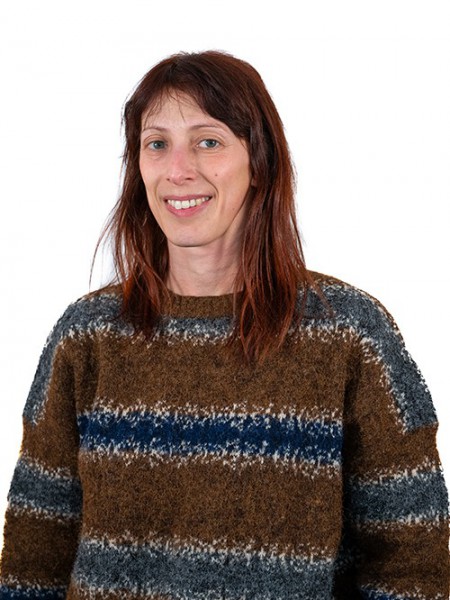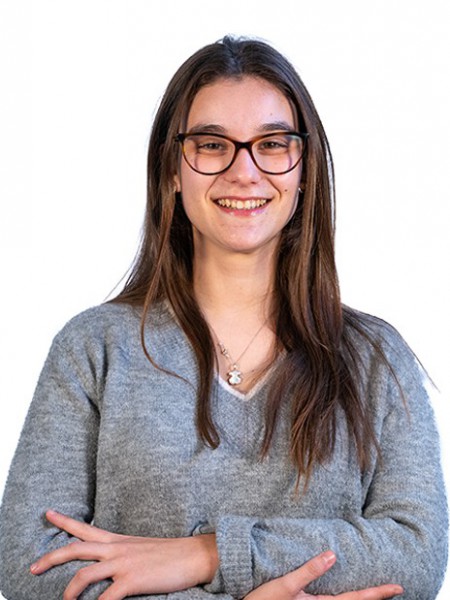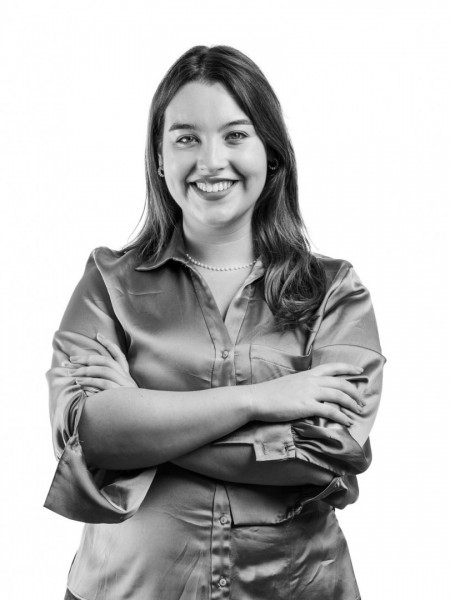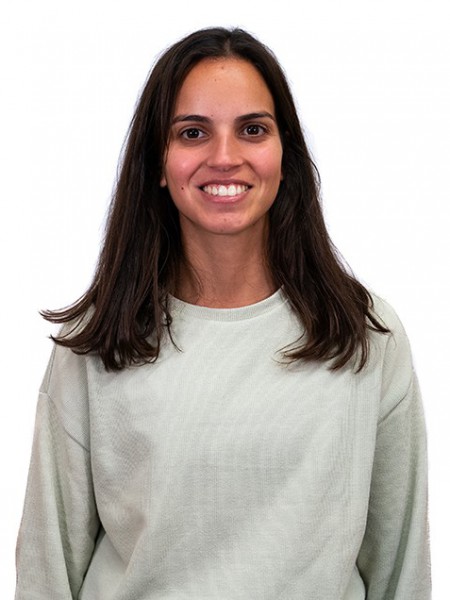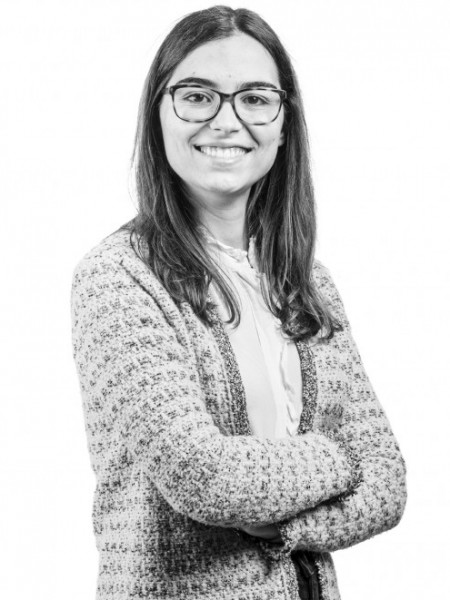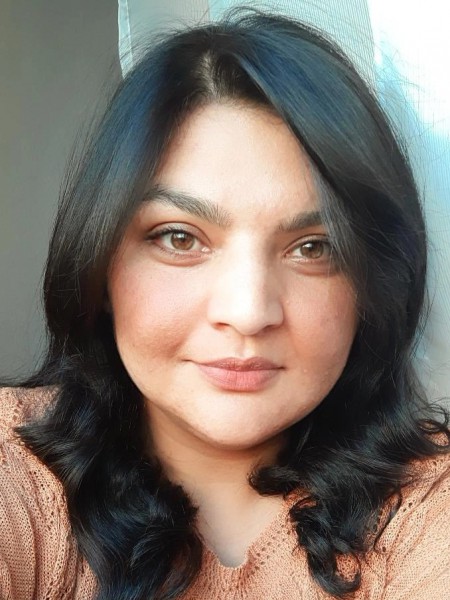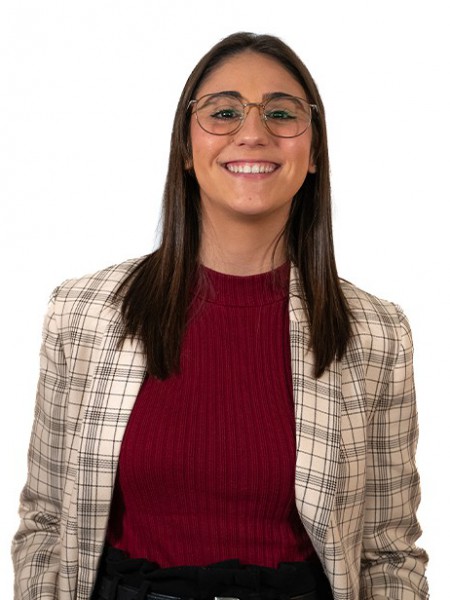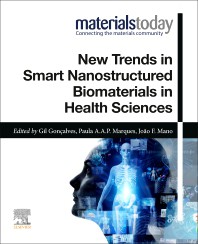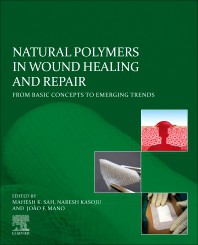Supervisões em Curso
Projectos
3D bioprinting construct for the diminishing of bone tumor and progression of bone tissue regeneration: Diagnosis of phenotyping in the cellular model and screening as a therapeutic platform (TissueEng)
CoordenadorEuropean Comission
Bone tissue engineering offers a promising solution for restoring damaged bone tissue. However, current methods face limitations in creating disease models for identifying target genes in tumour recurrence, which hinders the development of preclinical strategies. In this context, the EU-funded TissueEng project aims to use 3D bioprinting to deve...A bioprinting platform for the rapid, reliable, controlled and quantifiable patterning of cellular aggregatesand microtissues into macroscale regenerative grafts with programmable architectures (m2M)

Coordenador LocalEuropean Comission
A fundamental limitation with current approaches aiming to bioprint tissues and organs is an inability to generate constructs with truly biomimetic composition and structure, resulting in the development of engineered tissues that cannot execute their specific function in vivo. This is perhaps unsurprising, as many tissues and organs co...Ativação metabólica da diferenciação 3D de células estaminais em tecido ósseo (BetterBone)
ParticipanteFundação para a Ciência e a Tecnologia
Estratégias que envolvam a diferenciação osteogénica de células estaminais mesenquimais (MSCs) representam ferramentas promissoras na medicina regenerativa, tanto através da promoção da regeneração in situ, como da implanta&...Bioengenharia de dispositivos híbridos hierárquicos com capacidade de auto oxigenação (O2CELLS)
CoordenadorFundação para a Ciência e a Tecnologia
A engenharia de tecidos surgiu como uma solução alternativa para fornecer suportes estruturais temporários no local do defeito até que o tecido nativo seja regenerado endogenamente e a função normal seja restaurada. Apesar dos progressos realizados nos últimos 20 anos, ainda não é possível abordar toda a complexidade e propriedades multifunciona...Development of a multifunctional biomaterial patch for buccal delivery of peptide-analogue treatments (BUCCAL-PEP)
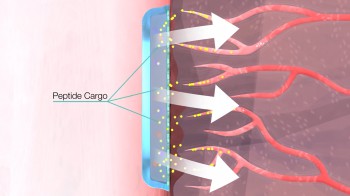
Coordenador LocalEuropean Comission
Oral delivery of peptide macromolecules represents significant challenges for pharmaceutical research, including low bioavailability, dosage control and undesirable food interactions. The intention of the EU-funded BUCCAL-PEP project is to develop a technological platform for oromucosal delivery suitable for a broad range of peptide-ana...Full human-based multi-scale constructs with jammed regenerative pockets for bone engineering. (REBORN)
CoordenadorEuropean Comission
Engineered bone tissue has many advantages over natural bone grafts, including safety and limitless supply. However, current engineering methods cannot generate large vascularised grafts capable of in vivo integration and remodelling. To address this problem, the EU-funded REBORN project proposes to combine biomaterials based on protein...Human Platelet Lysates-based Scaffolds for Interfacial Multi-tissue Repair (INTERLYNK)
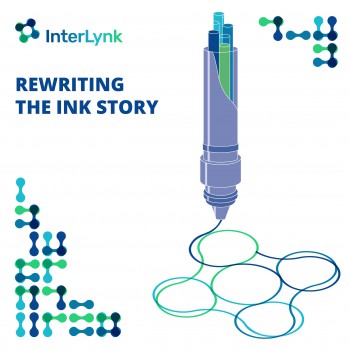
CoordenadorEuropean Comission
Desenvolver scaffolds personalizados com multimateriais altamente bioativos, utilizando tintas com base em lisado de plaquetas e novas técnicas de fabrico aditivo de resolução óptima de impressão Projetar com eficiência compostos biomiméticos altamen...Hybrid living bioengineered hierachical constructs with self-oxygenating capability for bone engineering (O2CELLS_2)
CoordenadorEuropean Comission
Advances in tissue engineering aim to revolutionise tissue repair and regeneration through 3D scaffolds with encapsulated cells. However, the architecture and composition of these hybrid constructs are compromised by inadequate oxygen and nutrient flow. Funded by the HORIZON programme, the O2CELLS project aims to combine natural biomate...Innovative tools to treat and model complex cancer environments (TheraTools)
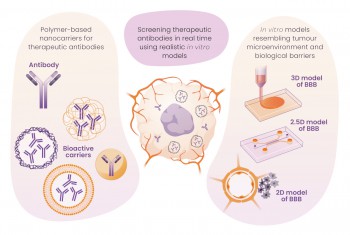
Coordenador LocalEuropean Comission
Funded by the Marie Skłodowska-Curie Actions programme, the TheraTools project will create a multidisciplinary research and training network to focus on the technological development of scientific tools to study malignant tumours localised beyond a biological barrier, as in the case of brain tumours. The TheraTools consortium will provi...Laboratório Associado CICECO-Instituto de Materiais de Aveiro (LA/P/0006/2020)
ParticipanteFundação para a Ciência e a Tecnologia
Merging Sustainable and Digital Chemical Technologies for The Development of Greener-Bydesign Pharmaceuticals (SusPharma)

Coordenador LocalEuropean Comission
Safe- and green-by-design are pre-market design approaches whereby the objectives of minimizing the use of hazardous chemicals, reducing greenhouse gas emissions, and fostering the reuse and recycling of materials in a circular economy are built into product design. SUSPHARMA fits the European need for sustainable development in modern ...Plankton-like Protocells for Artificial Photosynthesis Targeting Carbon-neutral Energy Vectors (PLANKT-ON)
Coordenador LocalEuropean Comission
Global energy demands are continuously rising and necessitate green alternatives to fossil fuels, including wind and solar sources. Funded by the European Innovation Council, the PLANKT-ON project aims to develop a net-zero emissions technology inspired by nature that releases oxygen into the atmosphere and simultaneously produces formate as a p...PRInted Symbiotic Materials as a dynamic platform for Living Tissues production (PRISM-LT)
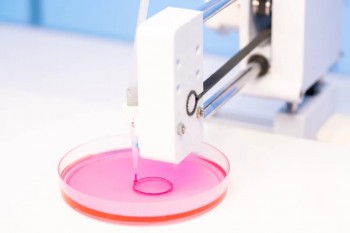
Coordenador LocalEuropean Comission
The EU-funded PRISM-LT project will use a hybrid living materials concept to create a flexible platform for living tissue manufacturing. The innovative bio-ink will contain stem cells integrated into a supporting matrix with engineered helper bacteria or yeast cells. The bioprinting process will produce a 3D patterned structure where st...A bioactivated nano-layered hydrogel for dermal regeneration in hard-to-heal ulcers (BioNaNor)
Coordenador LocalOther International
Several strategies have been developed to restore dermal function. These include collagen membranes, decellularized dermis from donors or synthetic graft alternatives. So far, these approaches have been unreliable at best and auto-grafts and transplants (that both create their own problems with donor site morbidity, risk for disease transfer and...Bioengineered autonomous cell-biomaterials devices for generating humanised micro- tissues for regenerative medicine (ATLAS)
CoordenadorEuropean Comission
New generations of devices for tissue engineering (TE) should rationalize better the physical and biochemical cues operating in tandem during native regeneration, in particular at the scale/organizational-level of the stem cell niche. The understanding and the deconstruction of these factors (e.g. multiple cell types exchanging both paracrine an...Biopolímeros de origem marinha como blocos de construção inovadores do mar para o desenvolvimento de membranas bioreabsorvíveis multicamada para regeneração guiada de osso (BLUETEETH)
CoordenadorFundação para a Ciência e a Tecnologia
Natural origin polymers from algae and arthropods can be obtained in large scale, and a great effort has been paid to find applications for such high-added value materials. Periodontal disease is frequent in humans and constitutes, together with dental caries, the principal cause of tooth loss in adults. Currently, one of the available treatment...Biorrefinaria de microalgas Coccolithophore: uma abordagem para biomateriais sustentaveis (Coccolitho4BioMat)
ParticipanteFundação para a Ciência e a Tecnologia
BLUEGLUE – Adesivos médicos bioinspirados em biopolímeros derivados de macroalgas marinhas (BLUEGLUE)
CoordenadorOther National
BLUEGLUE project aims to value and promote the sustainable and controlled production of macroalgae, a way that they can be certified and used into the development of products with high added value (biomedical products). The project is aligned with the structures of the circular and biological economy and aims to provide a boost to the emerging i...Cápsulas esféricas multicompartimentalizadas de alto rendimento para a transplantação de co-culturas multimodais de células estaminais derivadas do tecido adiposo e ilhotas pancreáticas. (TranSphera)
ParticipanteFundação para a Ciência e a Tecnologia
CICECO – Instituto de Materiais de Aveiro (UIDP/50011/2020)
ParticipanteFundação para a Ciência e a Tecnologia
CICECO – Instituto de Materiais de Aveiro (UIDB/50011/2020)
ParticipanteFundação para a Ciência e a Tecnologia
Colonizacao 3D de celulas em hidrogeis de origem marinha atraves de padronizacao por microcanais para regeneracao ossea (PROMENADE)
ParticipanteFundação para a Ciência e a Tecnologia
magnetic; 3D cell colonization; hydrogelDesenvolvimento de hidrogeis de inspiracao marinha multifuncionais e de elevado desempenho para regeneracao de cartilagem, reticulados com ligacoes nao-covalentes e bio-instrutivas deslizantes. (MARGEL)
CoordenadorFundação para a Ciência e a Tecnologia
Desenvolvimento de termometria sem fios a 4D tendo como alvo a ablação de tumores (PTDC/NAN-MAT/3901/2020)
ParticipanteFundação para a Ciência e a Tecnologia
Thermografia Nanopartículas Magnéticas Hipertermia induzida BioimpressãoDesenvolvimento de uma membrana periodontal multicamada composta por blocos inovativos a base de polimeros de origem marinha e enzima para regeneracao guiada de osso que possui mineralizacao enzimatica controlada. (MIMETIc)
ParticipanteFundação para a Ciência e a Tecnologia
Dispositivos Supramoleculares Auto-Regulados baseados na Complementaridade dos Pares de Base do ADN: Uma Tecnologia Biomimética e com Reconheciemnto Molecular para Isolar Células Específicas para Aplicações Biomédicas (SUPRASORT)
ParticipanteFundação para a Ciência e a Tecnologia
Enabling precision chemical methodologies applied to natural -based systems for the development of multifunctional biomedical devices (CHEM2NATURE)
Coordenador LocalEuropean Comission
CHEM2NATURE addresses current limitations of UMINHO in the Chemistry field regarding its scientific know-how and partnerships with world-leading institutions. UMINHO seeks to improve the multifunctionality of natural-origin polymers, often with limited bioactivity and stimuli-responsiveness, and increase the performance of cell-based therapies. ...European Network of Bioadhesion Expertise: Fundamental Knowledge to Inspire Advanced Bonding Technologies (COST Action CA15216)
Coordenador LocalEuropean Comission
Many organisms, ranging from bacteria and fungi to those much larger animals and plants use chemical and mechanical means to attach permanently or temporarily to surfaces. Some bioadhesives have advantages over synthetic counterparts in terms of their ability to function over a wide temperature range, in wet or dry environments, and to form stab...Exploração do Potencial Regenerativo e Translacional de Fibras Celulares (CellFi)
ParticipanteFundação para a Ciência e a Tecnologia
Células mesenquimais estaminais Estruturas sem scaffold Fibras Celulares RegeneraçãoExtracellular matrix derived products from human placenta to engineer bone microtissues for in vitro disease models (AMNIOGEL)
CoordenadorEuropean Comission
Hidralazina - uma nova abordagem terapêutica no Carcinoma da próstata resistente à castração (HyTherCaP)
Coordenador LocalFundação para a Ciência e a Tecnologia
O carcinoma da próstata (CaP) é uma das neoplasias malignas mais prevalentes no mundo e uma das principais causas de morbilidade e mortalidade oncológica. Em Portugal é o cancro mais incidente e a 3ª causa de morte por cancro no homem (1, 2). Apesar da maioria dos CaPs diagnosticados serem cli...Hidrogéis de Lisados de Plaquetas para Regeneração do Miocárdio (BEAT)
ParticipanteFundação para a Ciência e a Tecnologia
Human based bioinks to engineer physiologically relevant tissues (HumanINK)
CoordenadorEuropean Comission
Bioprinting techniques, which integrate 3D printing with tissue engineering by using living cells encapsulated in natural or synthetic biomaterials as bioinks, are paving the way toward devising many innovating solutions for key biomedical and healthcare challenges and heralds' new frontiers in medicine, pharmaceutical, and food industries.Human...Metodologias eficientes para a conjugação de polissacarídeos naturais com péptidos para obtenção de membranas multifuncionais para regeneração periodontal. (COP2P)
ParticipanteFundação para a Ciência e a Tecnologia
Mosaicos bioinspirados para o desenvolvimento de microtecidos ósseos ultra-estruturados; (TETRISSUE)
ParticipanteFundação para a Ciência e a Tecnologia
ossificação endocondral engenharia de tecidos modular mecanobiologia co-culturas 3DNovel 3D platforms to engineer bone microtissues for in vitro disease models; (Microbone)
CoordenadorEuropean Comission
Osteosarcoma is a rare but devastating bone tumour that mainly affects children, adolescents and elderly. This type of tumour is very resistant to therapy, being thus urgent to find new effective treatments. In vitro tumour models can recapitulate many aspects of the natural tumour environment, and could be used to improve the predictive value o...Produção de Plataformas Microcapsulares 3D+ para Avaliação Laboratorial em Larga Escala de Novas Terapias Combinatórias para o Cancro do Pâncreas (PANGEIA)
ParticipanteFundação para a Ciência e a Tecnologia
Regeneração Óssea Orquestrada pela Interação de Células do Sistema Imunitário com Microlaboratórios de Células e Microplataformas Padronizadas (CIRCUS)
ParticipanteFundação para a Ciência e a Tecnologia
Sondas neuronais fotónicas integradas para computação neuromórfica (PHEASANT)
ParticipanteFundação para a Ciência e a Tecnologia
Metodologias ópticas têm sido amplamente utilizadas para a estimulação e imagem em circuitos neurais funcionais. Em particular, a optogenética é uma ferramenta poderosa para a excitação seletiva ou para a inibição de tipos espec&...Tailored Elastin-like Recombinamers as Advanced Systems for Cell Therapies in Diabetes Mellitus:a Synthetic Biology Approach towards a Bioeffective and Immunoisolated Biosimilar Islet/Cell Niche (ELASTISLET)
Coordenador LocalEuropean Comission
ELASTISLET aims to create a breakthrough development in encapsulation technology and its use in cell and tissue therapies for the treatment of type 1 and 2 diabetes. ELASTISLET will combine leading technologies in biomaterial design, production and processing, cross-linking/grafting technology and cell therapy, to synergistically integrate them ...Publicações
Biomaterials meet organ-on-chips - a perspective on tumor modeling
Monteiro, CF; Deus, IA; Custódio, CA; Mano, JF
2025, INTERNATIONAL MATERIALS REVIEWS, 70, 1, 31-68.
ISBN:
1743-2804
Human Chorionic Membrane-derived Tunable Hydrogels for Vascular Tissue Engineering Strategies
Martins, EAG; Deus, IA; Gomes, MC; Silva, AS; Mano, JF; Custódio, CA
2025, ADVANCED HEALTHCARE MATERIALS, 14, 1.
ISBN:
2192-2659
A Supramolecular Injectable Methacryloyl Chitosan-Tricine-Based Hydrogel with 3D Printing Potential for Tissue Engineering Applications
Ouro, PMS; Costa, DCS; Amaral, AJR; Mano, JF
2024, MACROMOLECULAR BIOSCIENCE, 24, 1.
ISBN:
1616-5195
Bioactive Self-Regulated Liquified Microcompartments to Bioengineer Bone-Like Microtissues
Pinho, AR; Gomes, MC; Costa, DCS; Mano, JF
2024, SMALL, 20, 9.
ISBN:
1613-6829
Photo-Compartmentalized Decellularized Matrix-Hyaluronan Hybrid Units for Pancreatic Tumor-Stroma Modeling
Monteiro, MV; Henriques-Pereira, M; Neves, BM; Duarte, ID; Gaspar, VM; Mano, JF
2024, ADVANCED FUNCTIONAL MATERIALS, 34, 6.
ISBN:
1616-3028
Simulating 3D printing on hydrogel inks: A finite element framework for predicting mechanical properties and scaffold deformation
Pouca, MCPV; Cerqueira, MRG; Ferreira, JPS; Darabi, R; Ramiao, NAG; Sobreiro-Almeida, R; Castro, APG; Fernandes, PR; Mano, JF; Jorge, RMN; Parente, MPL
2024, FINITE ELEMENTS IN ANALYSIS AND DESIGN, 230.
ISBN:
1872-6925
Recent Developments in Layer-by-Layer Assembly for Drug Delivery and Tissue Engineering Applications
Borges, J; Zeng, JF; Liu, XQ; Chang, H; Monge, C; Garot, C; Ren, KF; Machillot, P; Vrana, NE; Lavalle, P; Akagi, T; Matsusaki, M; Ji, J; Akashi, M; Mano, JF; Gribova, V; Picart, C
2024, ADVANCED HEALTHCARE MATERIALS, 13, 8.
ISBN:
2192-2659
The European Polysaccharide Network of Excellence (EPNOE) research roadmap 2040: Advanced strategies for exploiting the vast potential of polysaccharides as renewable bioresources
Gericke, M; Amaral, AJR; Budtova, T; De Wever, P; Groth, T; Heinze, T; Hofte, H; Huber, A; Ikkala, O; Kapus, J; Kargl, R; Mano, JF; Masson, M; Matricardi, P; Medronho, B; Norgren, M; Nypelo, T; Nystro, L; Roig, A; Sauer, M; Schols, HA; Linden, JV; Wrodnigg, TM; Xu, CL; Yakubov, GE; Kleinsehek, KS; Fardim, P
2024, CARBOHYDRATE POLYMERS, 326.
ISBN:
1879-1344
Advances in screening hyperthermic nanomedicines in 3D tumor models
Soeiro, JF; Sousa, FL; Monteiro, MV; Gaspar, VM; Silva, NJO; Mano, JF
2024, NANOSCALE HORIZONS, 9, 3, 334-364.
ISBN:
2055-6764
Capacitive interdigitated system of high osteoinductive/conductive performance for personalized acting-sensing implants (vol 6, 80, 2021)
de Sousa, BM; Correia, CR; Ferreira, JAF; Mano, JF; Furlani, EP; dos Santos, MPS; Vieira, SI
2024, NPJ REGENERATIVE MEDICINE, 9, 1.
ISBN:
2057-3995
Embedded 3D Bioprinting for Engineering Miniaturized In Vitro Tumor Models
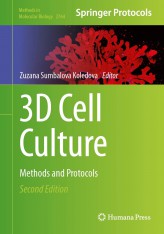
In Sumbalova Koledova, Z. (Eds.), 3D Cell Culture: Methods in Molecular Biology
Monteiro, M. V., Rocha, M., Gaspar, V. M., & Mano, J. F.
2024, 279-288, Humana.
ISBN:
978-1-0716-3674-9
Nanofertilizers—synthesis, advantages, and the current status
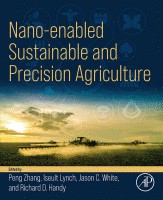
In Peng Zhang, Iseult Lynch, Jason C. White, Richard D. Handy (Eds.), Nano-Enabled Sustainable and Precision Agriculture
Rodrigues S.M.; Avellan A.; Salvador D.; Rodrigues S.; Miranda M.; Morais B.; Oliveira M.; Mano J.; Lowry G.V.
2023, Nano-enabled Sustainable and Precision Agriculture, 43-77, Elsevier.
ISBN:
978-032391233-4; 978-032399823-9
Animal Protein-based Soft Materials for Tissue Engineering Applications
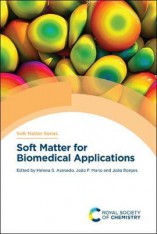
In Helena S. Azevedo, João F. Mano, João Borges (Eds.), Soft Matter for Biomedical Applications
C. A. Custódio, S. C. Santos, C. F. Monteiro, I. A. Deus, M. C. Gomes, J. F. Mano
2021, Royal Society of Chemistry.
ISBN:
978-1-78801-757-2
Extending the Functionality of Marine-origin Polysaccharides Through Chemical Modification for Biomedical Applications
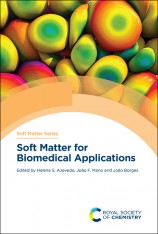
In Helena S. Azevedo, João F. Mano, João Borges (Eds.), Soft Matter for Biomedical Applications
João M. M. Rodrigues, Edgar J. Castanheira, Dora C. S. Costa, Djenisa H. A. Rocha, João Borges and João F. Mano
2021, 180-204, Royal Society of Chemistry (RSC).
ISBN:
978-1-78801-757-2
Cell-based soft biomaterials
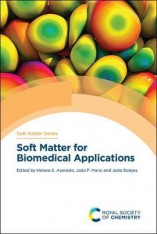
Soft Matter for Biomaterial Applications
A. Sofia Silva, Lúcia F. Santos, Mariana B. Oliveira and João F. Mano
2021.
ISBN:
978-1-78801-757-2
Smart Instructive Polymer Substrates for Tissue Engineering
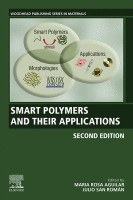
In Maria Rosa Aguilar, Julio San Román (Eds.), Smart Polymers and Their Applications
Catarina A.Custódio, Aránzazudel Campo, Rui L.Reis, João F.Mano
2019, 411-438, Woodhead Publishing .
ISBN:
978-0-08-102416-4


